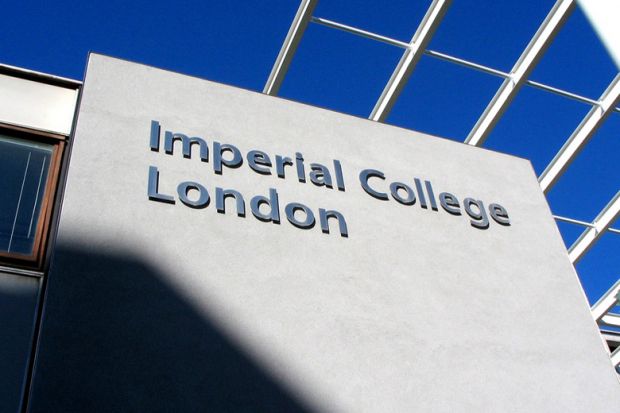An anti-animal testing group has accused Imperial College London of failing to sufficiently raise its standards in the wake of a number of critical investigations and reports in recent years.
As new statistics on the use of animals in experiments were released, Cruelty Free International (CFI) said that information released under the Freedom of Information Act showed that Imperial was failing to provide 24-hour care for animals.
Instead, it was supervising animals from 8am to 5pm, something Michelle Thew, CFI’s chief executive, said showed Imperial was acting as though it was “business as usual”.
An Imperial spokeswoman said that outside normal working hours, there was “always at least one vet and five senior animal care staff on call” to attend to any emergencies.
“The college complies with the Home Office’s regulations concerning out-of-hours care, and works closely with the Home Office as regulator,” she said.
In 2013, CFI published an investigation alleging “appalling animal suffering on a very large scale” on the university’s Hammersmith campus.
A subsequent report by the Home Office released in 2014 found that all but five of the charges were unsubstantiated, but did conclude that there was a “widespread poor culture of care”.
Statistics released on 20 July show that the number of experiments carried out on animals in 2015 was broadly the same as in 2013 and 2014, at about 4.1 million.
Around six in 10 were on mice, 14 per cent on fish and 12 per cent on rats. Experiments on "specially protected species" such as monkeys, dogs, cats and horses accounted for 0.8 per cent of procedures.
The proportion of experiments rated as producing a “severe” effect on the animal involved – classified as causing a “major departure from the animal’s usual state of health and well-being” – was 6 per cent, down from 8 per cent in 2014.




